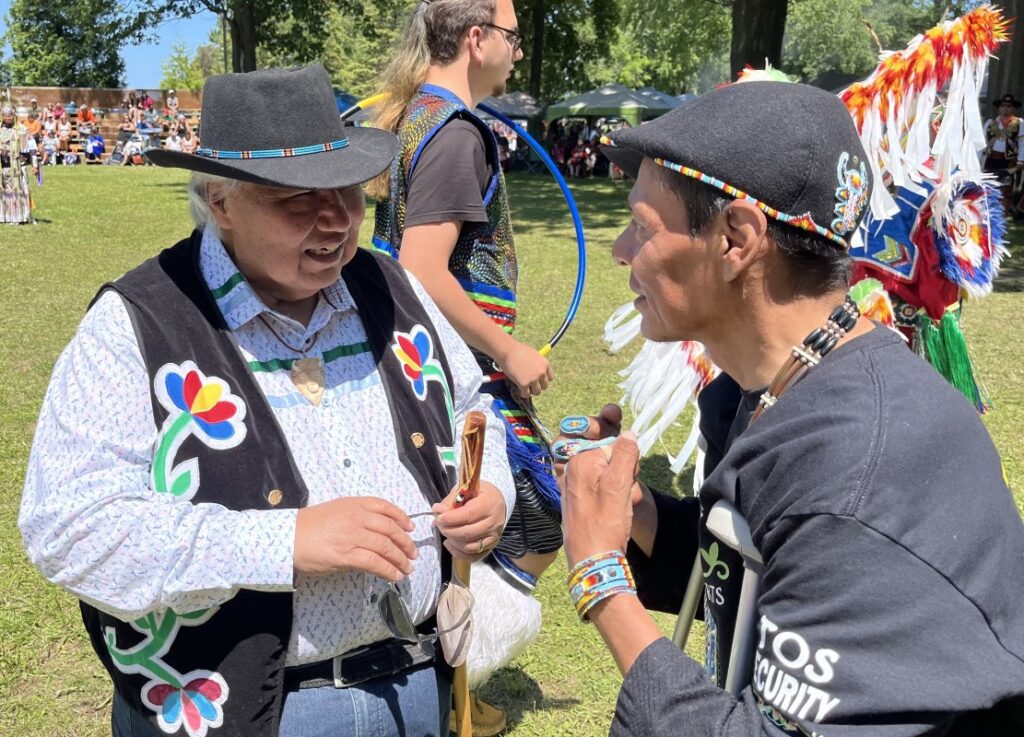Murray Sinclair, an esteemed Anishinaabe leader and former senator, passed away on November 4, 2024, at the age of 73 in a Winnipeg hospital, leaving behind a profound legacy as a champion of Indigenous rights and reconciliation in Canada. Sinclair, who was a member of the Peguis First Nation, dedicated his life to advocating for the rights of Indigenous Peoples and addressing the wrongs of history through his work as the chair of Canada’s Truth and Reconciliation Commission (TRC). His family announced his passing, highlighting his commitment to service, truth, and fairness. They encouraged well-wishers to visit a sacred fire held in his honor at the Manitoba Legislature, while respectfully asking for privacy as they mourn.
In the wake of his passing, tributes flooded in from leaders across Canada, including Prime Minister Justin Trudeau, who described Sinclair as a “giant and champion.” Trudeau emphasized Sinclair’s ability to give voice to the stories of residential school survivors and his efforts in advocating for Indigenous education rights. Sinclair’s approach to education as a means of change resonated with many, as he believed that confronting Canada’s past could pave the way for a reconciled future. His death marks a significant loss for the nation, as he was recognized not only as a brilliant legal mind but also as a caring and patient leader who inspired many to learn and grow in understanding.
Murray Sinclair’s journey began on January 24, 1951, in Selkirk, Manitoba, where he would later emerge as a trailblazer in Canadian law. After completing his education in law at the University of Manitoba, he made history in 1988 by becoming the first Indigenous judge in Manitoba. His national recognition grew from his role as co-chair of Manitoba’s Aboriginal Justice Inquiry, wherein he addressed critical issues stemming from systemic injustices facing Indigenous Peoples. In 2007, Sinclair took on perhaps his most impactful role as chair of the Truth and Reconciliation Commission, aiming to address the legacy of the Indian Residential School System, which had long inflicted pain and trauma on Indigenous communities.
Throughout his tenure with the TRC, Sinclair and his team garnered testimonies from thousands of Indigenous survivors, uncovering the grim realities of their experiences. The commission’s final report documented harrowing stories of loss and abuse and included “94 calls to action” aimed at addressing the injustices faced by Indigenous Peoples. These recommendations have become foundational in moving Canada forward on the path to reconciliation. Sinclair’s commitment to truth-telling has not been forgotten; in 2016, he furthered his legacy by being appointed to the Canadian Senate, becoming one of only six Indigenous Senators in a body of 105 members.
The broader Canadian community has mourned Sinclair’s loss, with notable figures emphasizing his invaluable contributions. Governor General Mary Simon recognized him for shining a light on the narratives of thousands of residential school survivors. She evocatively described him as a “kind, wise, and generous soul,” reinforcing the notion that the path to reconciliation is a collective journey. Assembly of First Nations National Chief Cindy Woodhouse Nepinak highlighted Sinclair’s role as a transformational force in reconciliation, asserting that his legacy will inspire future generations. The sentiment was echoed by other Indigenous leaders who reflected on Sinclair’s lasting impact and commitment to justice and truth.
Manitoba Premier Wab Kinew referred to Sinclair as “a great Canadian” and emphasized the significance of his public service career, which underscored a commitment to truth and dignity for all. As the first First Nations Premier in the province, Kinew acknowledged Sinclair’s rare caliber and reminded the nation that truth must precede reconciliation. Murray Sinclair’s legacy challenges Canadians to confront their historical injustices and foster a more equitable future, reminding them of the power of storytelling and the importance of recognizing the shared humanity in every individual. His philosophy and the calls to action set forth by the TRC resonate as a roadmap for both recognition and restitution as Canada continues to navigate its course toward reconciliation and healing among its diverse communities.

